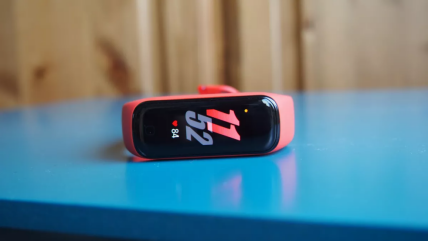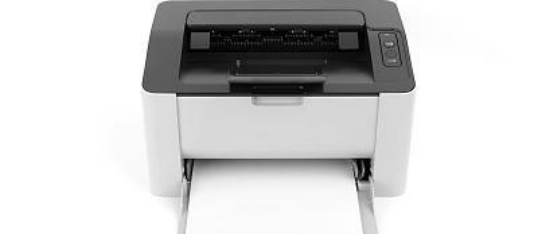A Guide to Choosing Smartphones By Their Specifications

Choosing a new smartphone can be a daunting task, given the multitude of options available on the market. To make an informed decision, it's crucial to understand the specifications that define a smartphone's capabilities. In this guide, we will break down the key specifications to consider when choosing a smartphone, helping you make the right choice for your needs and preferences.
1. Operating System (OS)
The choice of an operating system is one of the most fundamental decisions. Two major players dominate the market: Android and iOS. Android offers a wide range of options and customization, while iOS provides a streamlined and controlled ecosystem. Choose an OS that aligns with your preferences and the apps you need.
2. Processor (CPU)
The processor is the smartphone's brain, and its performance is critical. Processors are typically measured in terms of cores and clock speed. More cores and higher clock speeds generally result in faster and more responsive phones. High-end models like HONOR X9b specifications include top notch processors from the best manufacturers.
3. RAM (Random Access Memory)
RAM is the smartphone's short-term memory, responsible for running applications and multitasking. A higher RAM capacity enables smoother performance and the ability to switch between apps without lag. Look for phones with at least 4GB of RAM, though 6GB or more is ideal for intensive multitasking.
4. Storage
Storage capacity defines how much content you can store on your phone. Smartphones offer a range of storage options, typically starting at 64GB and going up to 512GB or more. Consider your storage needs for apps, photos, videos, and documents when selecting the capacity.
5. Display
The display is a crucial aspect of the user experience. Factors to consider include screen size, resolution, and technology. Larger screens are ideal for media consumption, while higher resolutions provide sharper visuals. OLED and AMOLED displays offer vibrant colors, while LCD screens are energy-efficient.
6. Battery Life
Battery life is essential for uninterrupted usage. A smartphone's battery capacity is measured in milliampere-hours (mAh). Look for a phone with a battery that can comfortably last a full day of use. Also, consider fast charging and wireless charging capabilities.
7. Camera Specifications
For photography enthusiasts, camera specifications are a key consideration. Pay attention to features like megapixels, aperture size, image stabilization, and low-light performance. A higher number of megapixels doesn't always translate to better quality, so look for well-rounded camera systems.
8. Connectivity Options
Consider the connectivity options your smartphone offers. This includes the availability of 5G, 4G LTE, Wi-Fi 6, Bluetooth, and NFC. Choose a phone that provides the connectivity speeds and capabilities you need for browsing, streaming, and data transfer.
9. Durability and Build Quality
The build quality and durability of a smartphone are important for longevity and ruggedness. Many phones are now water and dust resistant, with durable materials like Gorilla Glass and aluminum frames. Check for an IP rating that indicates resistance to water and dust.

10. Software Updates
Regular software updates are essential for security and performance improvements. Some manufacturers offer longer support for their devices, ensuring that your phone stays up-to-date with the latest features and security patches.
11. User Experience
The overall user experience is critical. This includes the ease of use, the intuitiveness of the user interface, and any unique features or services offered by the smartphone. A pleasant user experience can significantly enhance your daily interactions with the device.
12. Expandable Storage and Dual SIM
Some smartphones allow for expandable storage via microSD cards, which can be useful if you anticipate needing more storage in the future. Additionally, dual SIM functionality is valuable for users who need two separate phone numbers or for international travel.
Conclusion
Choosing a smartphone by its specifications is a comprehensive process that involves weighing the importance of various factors. By understanding the significance of operating systems, processors, RAM, display quality, and other key specifications, you can make an informed decision that aligns with your needs and preferences. Ultimately, the right smartphone should offer a seamless user experience, powerful performance, and the features that matter most to you, all within your budget constraints.







